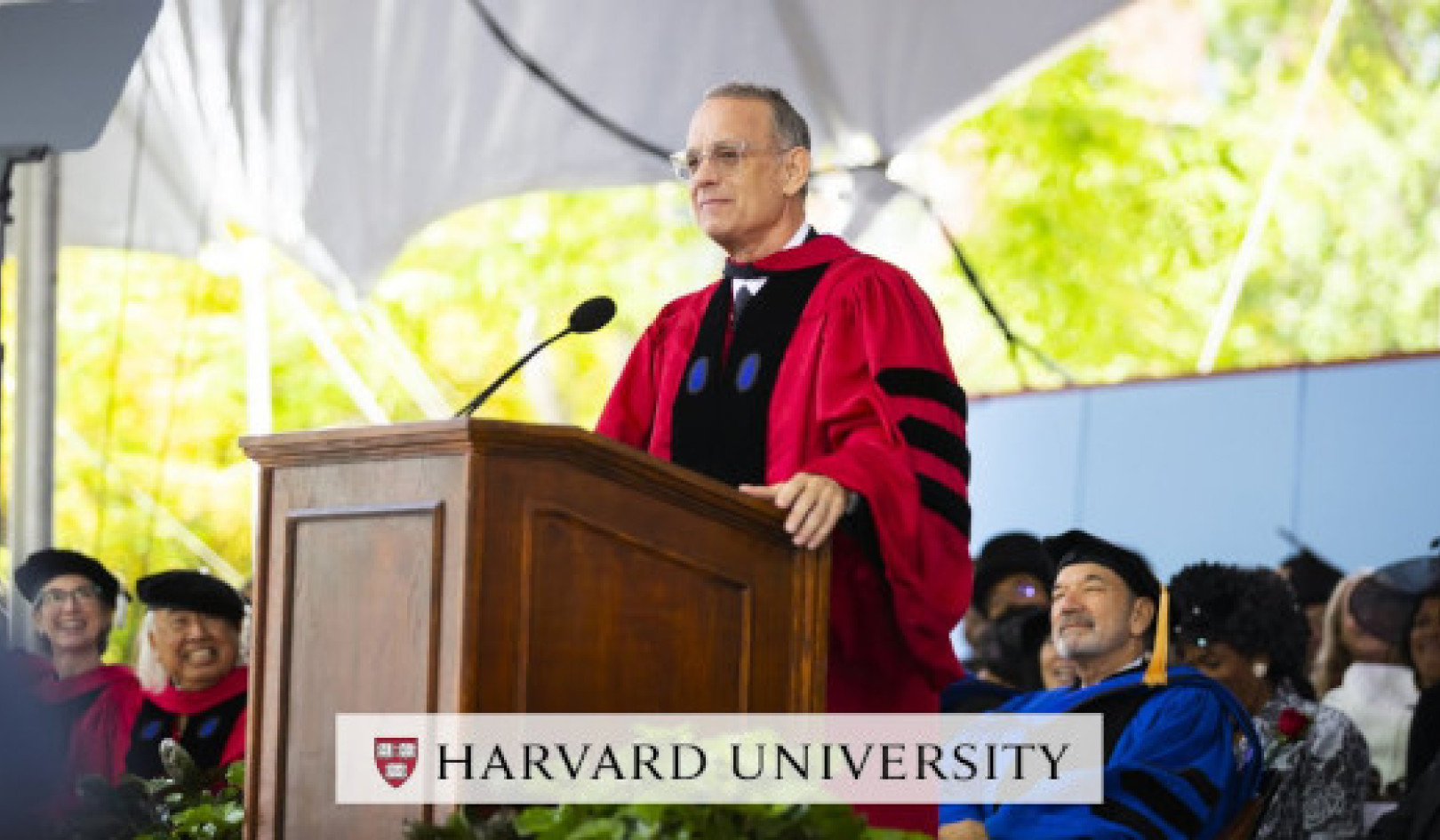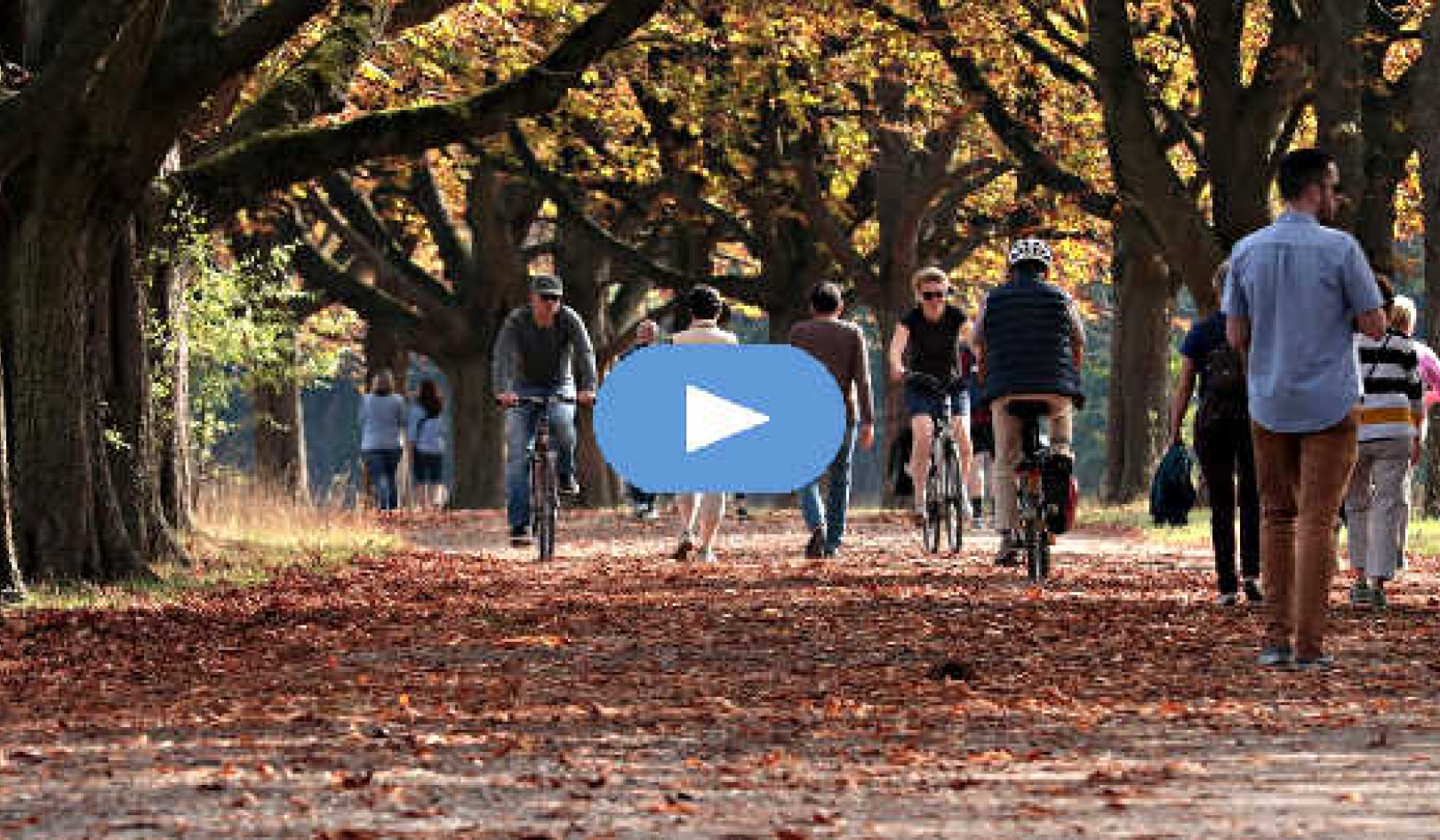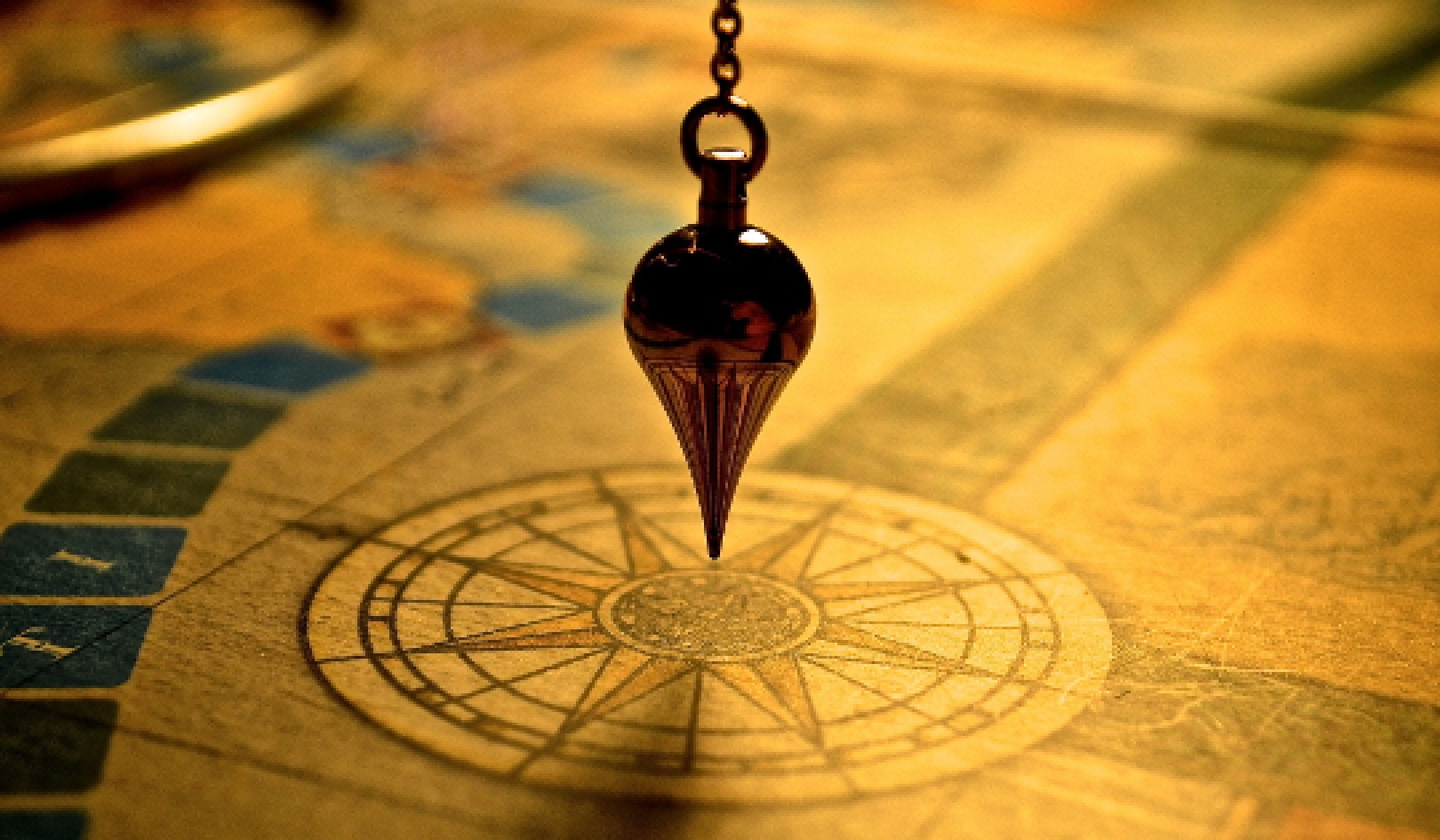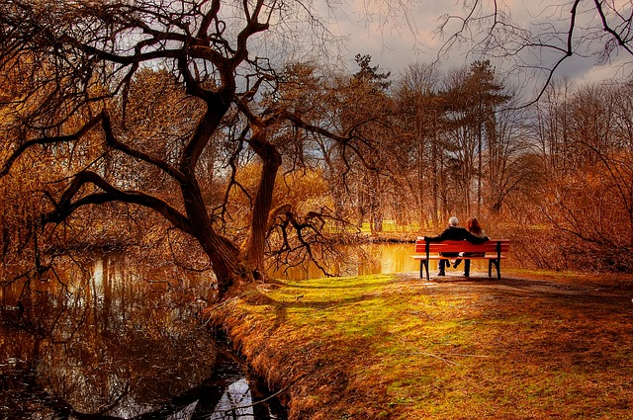
Image by kordula vahle
Our vulnerability reminds us that we are never truly independent, but always exist in a field of reciprocity. Thus reciprocity is a deep spiritual principle. And its understanding also arises in the context of any mature and intact culture that has preserved wise counsel as to how we should function in human community.
Unfortunately, to find examples of purely reciprocal social models, we must look to some of the indigenous cultures that are vanishing in the wake of our hyper-individualism. Hence the Nguni Bantu philosophy of ubuntu, and its teaching of umuntu ngumuntu ngabantu, which translates as “a person is a person through other persons,” or “because we are, I am.” Or the Tzutzujil Maya term, kas-limaal, which refers to the mutuality by which we enliven, or light the spark, in each other—and which also translates as a profound mutual indebtedness.
This is not only enlightened social philosophy. It is true right down to the level of our neurobiology. The neural network that allows us to directly experience our own felt sense of self is activated by our first experience of eye contact and attunement to others. This inner “social” nerve network that grows in response to our relationships to others is also the nerve network that enables us to perceive a direct meaningful sense of our own being. Thus we are a gift from others. We “become a person through other persons.”
Because We Are, I Am
This principle is true not only of our human relations; it is fundamentally true in terms of the interdependent origination of all things, impermanence, and the emptiness of any fixed self—all as an expression of inexhaustible non-exclusiveness. This is the divine hologram, the Buddhist dharmadhatu—or the “mind of God”—in which all things embrace and embody each other in an infinite display of reciprocity and nurturance. That is the field out of which we are born. And it is a field that, even within the structure of our life in time, enjoins us to the experience of being fully nurtured and of then being able to fully nurture.
Thus we may see here how this metaphysical principle manifests at the heart of a mental-emotional principle, a social principle, and an ecological principle. This principle was demonstrated to me repeatedly and directly by the experiences of an intrapenetrating totality alive in service to itself in the aspect of all others. And whether it was revealed as the mutual embrace of mirror-like being or birth into creation as the function of creative love itself, our absolute being and our evolutionary drama are the same.
Recognizing Our True Mutuality
At the mental-emotional level, the immediate recognition of our true mutuality as human beings is compromised by certain primitive hormonal imperatives (which we are technically capable of overriding), by personal and historical trauma, and by the reifications of our separateness in the form of greed, anger, and ignorance. It is also compromised by the mind’s acquired categories of physical and social difference, and amplified by fears, family conditioning, cultural history, stories, propaganda, and institutional structure. This, in turn, is exploited by the reactive self-interest of others, and, now, by the destructive and disembodied algorithms of the demonic online matrix, which amplify our delusive conceits.
This profound social illness, and all of its consequences, is made possible in the moment of our development that we abandon the immediacy and direct experience of our empathy circuits for the virtual constructs of our programmable mental circuitry. On the other hand, when we are able to rest in the open field of empathetic relationship, no internal conditioning or external propaganda will turn us from our immediate shared presence with others. Propaganda has no place to fall.
Our Primordial Relationship to the Natural World
This open field also characterizes our primordial relationship to the natural world, a luminous field of reciprocity that our human consciousness once participated in. What was made clear to me in all my experiences was that all creation is woven of one conscious fiber, or reality. That fiber is a mutually interpenetrating totality.
When in my last recorded experience I witnessed, and entered into, the creation of worlds, there was no separation between my soul and the world soul; it was one creation in which consciousness was at play, and born of the same love. Put simply, the Earth is luminous truth and reflects back to us the truth that is also our own being. Hence it is also a field of mutual presence and respect. And it speaks in a language of being that suspends the verbal representations of our thinking mind.
The empathy field, and the natural recognition of mutuality and indebtedness that was once true of our indigenous relationship to the Earth, has been lost to the progressive self-centered cultural, technological, and mental structures that at first distance us from—and then manically and depressively compensate for the loss of—our indigenous connection to the land and to the life of all species, even as we go on destroying.
Reciprocity with the Earth and with the Heart
Our capacity for objectification propels our technology, but it has proceeded apart from any reciprocity with the Earth, or, for that matter, with the heart. When we as humans hold to our notion of separation, superiority, or that we alone are truly living or conscious, we confine ourselves to a very small world; and we are dangerous to the network of living beings. Or, as I wrote in a very relevant chapter of a previous book, “No matter how much mastery I gain, if I’ve not learned the principle of reciprocity, I’m out on a limb.” [Moonlight Leaning Against an Old Rail Fence, p. 220)
The point is that the dysfunctions, disharmonies, and disasters that we experience or enable, both in our personal, social, and ecological lives, and in the lives of our civilizations, are based on that same obscuration of the reciprocal field of consciousness. Our separative mode of consciousness is naturally come by, but dysfunctionally entrenched, and often addictively defended. It has its own limited operational value, but it sunders the web of human community and plunders the web of life. And it cannot restore the intrinsic joy of our true being.
Copyright 2022. All Rights Reserved.
Adapted with permission of the publisher,
Inner Traditions International.
Article Source:
BOOK: The Dharma of Direct Experience
The Dharma of Direct Experience: Non-Dual Principles of Living
by Paul Weiss.
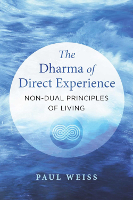 Exploring the direct perception of non-dual, “non-ordinary” reality, Paul Weiss shares guidance for navigating ordinary reality in an open, compassionate, and ever-maturing way. He affirms our shared human potential for the “direct experience” of reality--unmediated by our more relativistic mental faculties--and reveals this experience as an essential dimension of our conscious capacity for growth.
Exploring the direct perception of non-dual, “non-ordinary” reality, Paul Weiss shares guidance for navigating ordinary reality in an open, compassionate, and ever-maturing way. He affirms our shared human potential for the “direct experience” of reality--unmediated by our more relativistic mental faculties--and reveals this experience as an essential dimension of our conscious capacity for growth.
Interweaving perspectives from psychology and neuroscience with important lessons from spiritual traditions around the world, Paul explores how to live a life of integrity, reciprocity, and openness to reality, offering practical teachings for spiritual understanding, emotional development, and the cultivation of compassion, viewed by ancient Buddhist sages as the true meaning of existence. He addresses such human qualities as vulnerability, empathy, reciprocity, openness, and intimacy and shows how they express and participate in deeper conscious truths. The author also examines practical wisdom teachings within both Buddhist and Christian paths to realization.
For more info and/or to order this book, click here. Also available as an Audiobook and as a Kindle edition.
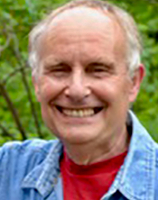 About the Author
About the Author
Paul Weiss began serious practice in Zen as well as tai chi in 1966 and spent years in several training and monastic settings, including in schools and clinics in China. In 1981 he founded the Whole Health Center in Bar Harbor, Maine, where he teaches, counsels, and offers meditation retreats and his True Heart, True Mind Intensive. A lifelong poet, he is the author of two collections of poems and essays, You Hold This and Moonlight Leaning Against an Old Rail Fence: Approaching the Dharma as Poetry.






















